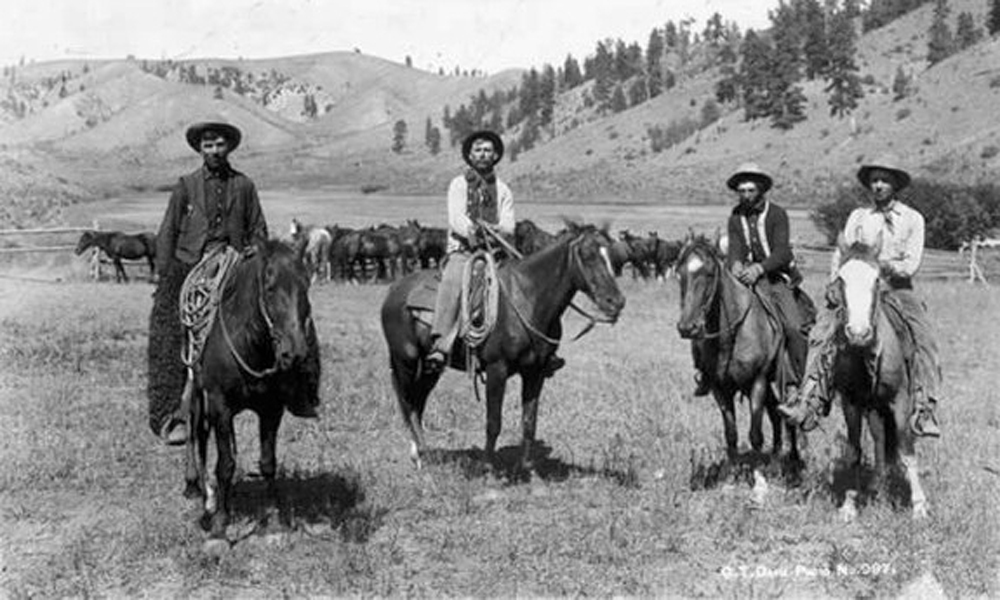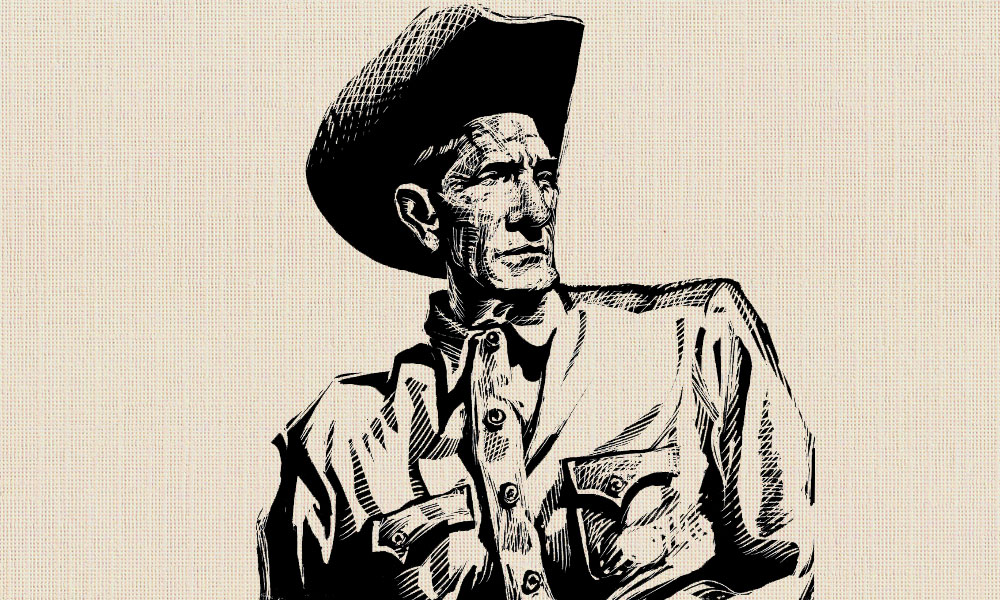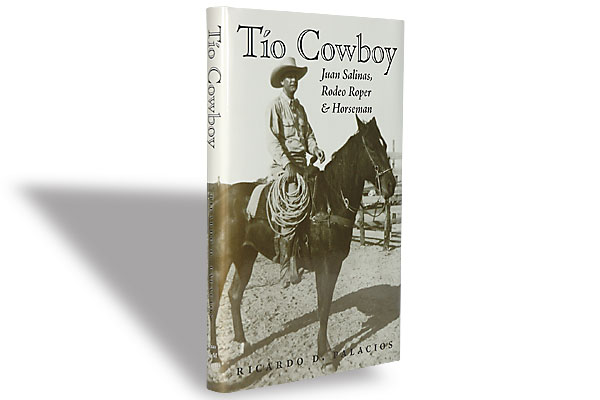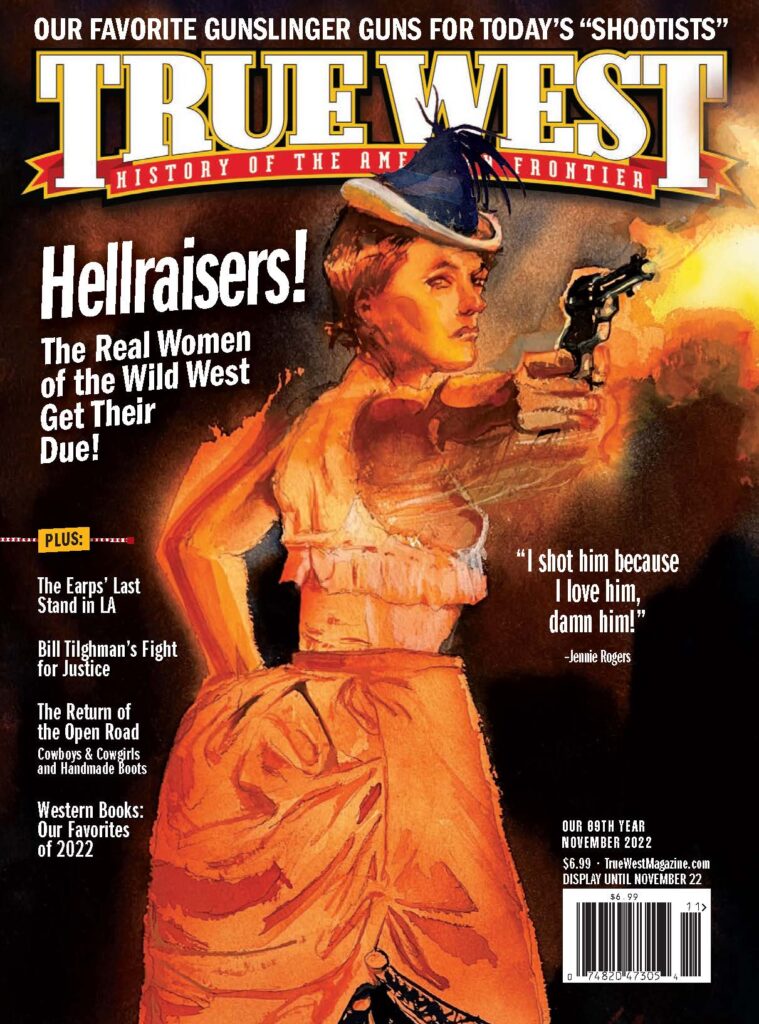 A few years ago I went with “Warrior Tours” sponsored by Wrangler Jeans to the Asian nation of Kyrgyzstan with a group of champion rodeo cowboys including our team leader, the late, great Lewis Feild, John Jones and Cort Sheer on behalf of the State Department to introduce the people to American cowboy culture. We were also accompanied by two beautiful barrel racers and rodeo queens Jenna Johnson Henry and Shannon Jones.
A few years ago I went with “Warrior Tours” sponsored by Wrangler Jeans to the Asian nation of Kyrgyzstan with a group of champion rodeo cowboys including our team leader, the late, great Lewis Feild, John Jones and Cort Sheer on behalf of the State Department to introduce the people to American cowboy culture. We were also accompanied by two beautiful barrel racers and rodeo queens Jenna Johnson Henry and Shannon Jones.
We staged a couple of rodeos, competing against their national team competing in both their rugged equestrian sports and our rodeo events. We also taught the kids how to rope and shared American Cowboy culture. My job was mostly to emcee, tell stories and recite cowboy poetry.
The State Department had translators for both Russians and Kyrgyz who were making a feeble attempt at trying to translate cowboy lingo poetry into their respective languages. The Russians and Kyrgyz people were enjoying it but from the dirty looks I was getting from the translators I could tell they were getting pretty frustrated so finally I said, “You can’t translate this stuff; don’t even try; most Americans don’t understand it either!”
I was telling them two drunken cowboys trying to tie a knot in the devil’s tail. And, about the weather, because that’s usually the most common subject when ranchers get together and palaver.
The first liar doesn’t stand a chance. Each one likes to boast that his particular place has the hottest summers or coldest winters. And if it wasn’t the windiest place on earth, it was the driest. One claimed it was so hot in Gila Bend that one day a saguaro cactus pulled itself out by the roots and went over and sat in the river. Another claimed it was so dry in Salome the bushes were following the dogs around. Try translating any of that into Russian or Kyrgyz.
It’s claimed that in January it gets cold as a cast iron commode on the shady side of an iceberg in Flagstaff. A cowboy working for the CO Bar outfit claimed one day was so cold he pulled out his pocket watch to see what time it was and the hands were rubbing together. They say the west wind blows so hard in Winslow that sometime during the next century the town will be somewhere in eastern New Mexico. A tourist passing through Winslow asked a cowboy, “Does the wind blow this way all the time?”
“No,” he replied, “Sometimes it blows from the other way!”
Old timers still reminisce fondly about the day the wind stopped blowing for thirteen and a half minutes.
A story is told about an easterner who moved out to Arizona to try his hand a farming. The first year he planted a crop of corn and it didn’t rain. The same thing happened the second and third year. He was a stubborn old cuss and determined to make a go of it so on the fourth year he loaded his wagon full of dirt; planted his corn in the wagon; hitched up the fastest horses on the place and hired a cowboy to drive it.
“I’ve got this year’s crop of corn planted in that wagon,” he told the cowboy, “and I want you to ride around until you see a cloud then drive ‘til you get directly under it. Sooner or later one of em’s gonna let some rain fall and I want you to catch every drop.”
The cowboy had a busy summer driving from cloud to cloud but it worked. Old timers said it was the first time anyone raised a crop of corn in that part of Arizona.
Another rancher down in southern Arizona decided to sell his place after a 7-year drought. He found a buyer and just before he left the place he filled several buckets full of water, walked over and tossed them on the roof.
The new buyer looked on intently then asked what he was doing.
“Well,” the cowman said, “I built that little shack seven years ago and it’s never rained since. I just wanted to settle it in my mind whether or not that dern roof leaked.”
It always seemed like it was raining over on the neighbor’s outfit and missing your place. Sometimes they found themselves having to reach out to a higher calling for some extra help, especially during a long drought. Still they found it hard to be humble and preferred to discuss matters man to man. Big Dan Ming a Graham County rancher was such a man. In 1887 he was asked to deliver the opening prayer at an Arizona Cattleman’s convention one year and this is what he said:
Oh Lord, I’m about to round you up for some plain talk.
Now Lord, I ain’t like them fellers who come botherin’ you every day. Why, I ain’t never tackled you for anything before and if you’ll grant this I promise to never bother you again.
We need rain, Good lord and we want it bad. And we ask you to send us some. But if you can’t or don’t want to send us any, well doggone it don’t make it rain up around Hooker’s or Leitch’s ranges but treat us all alike.
Amen.”





